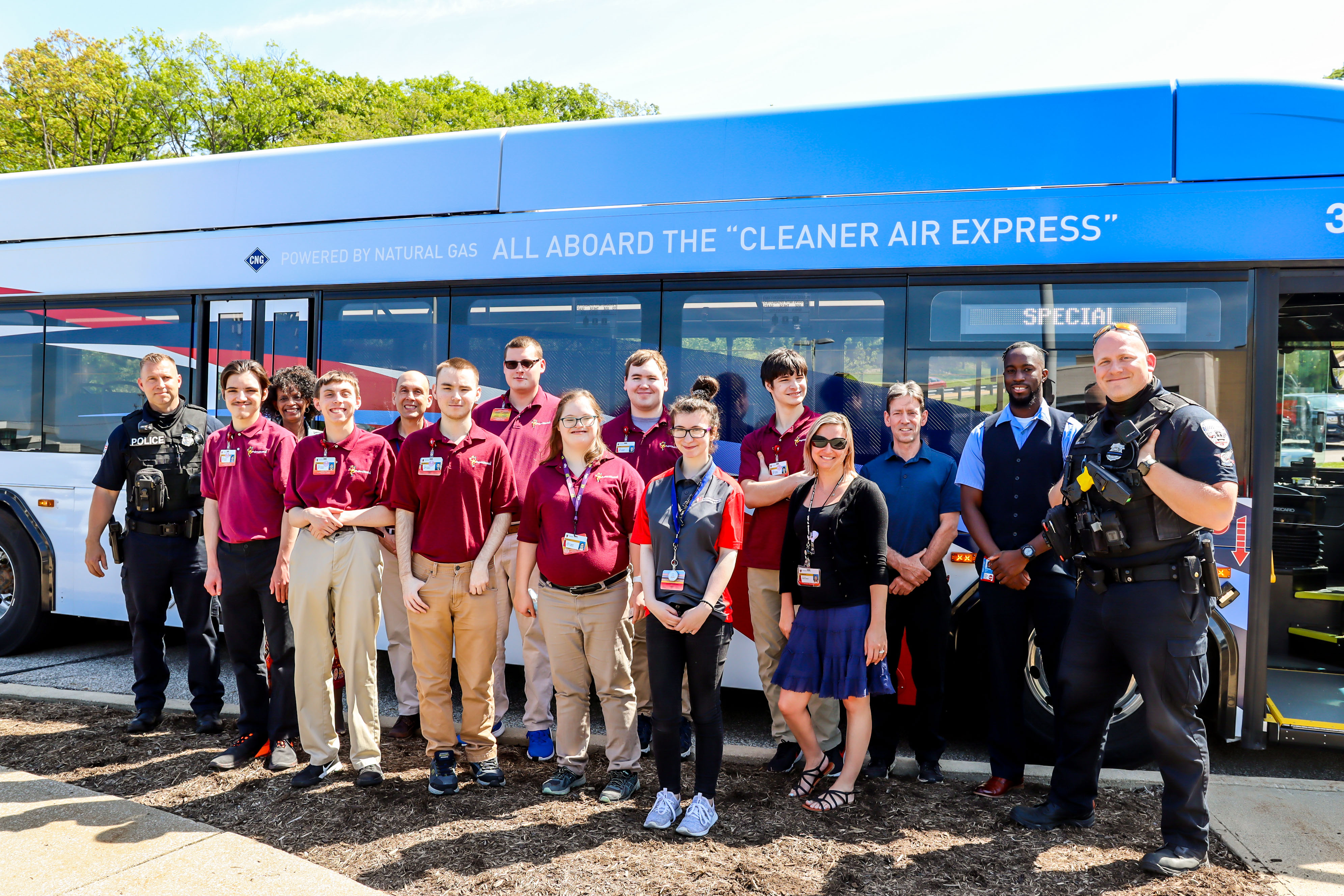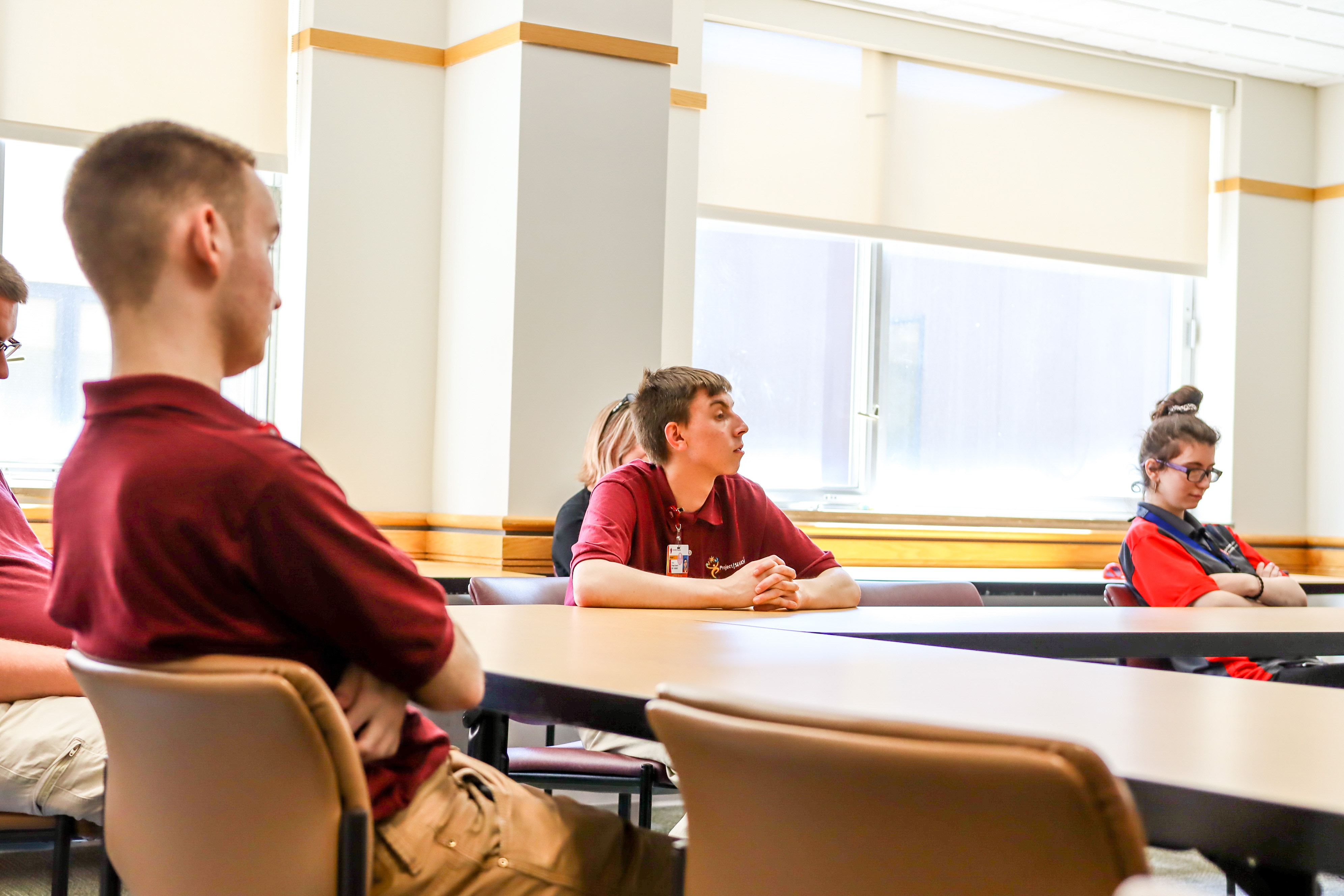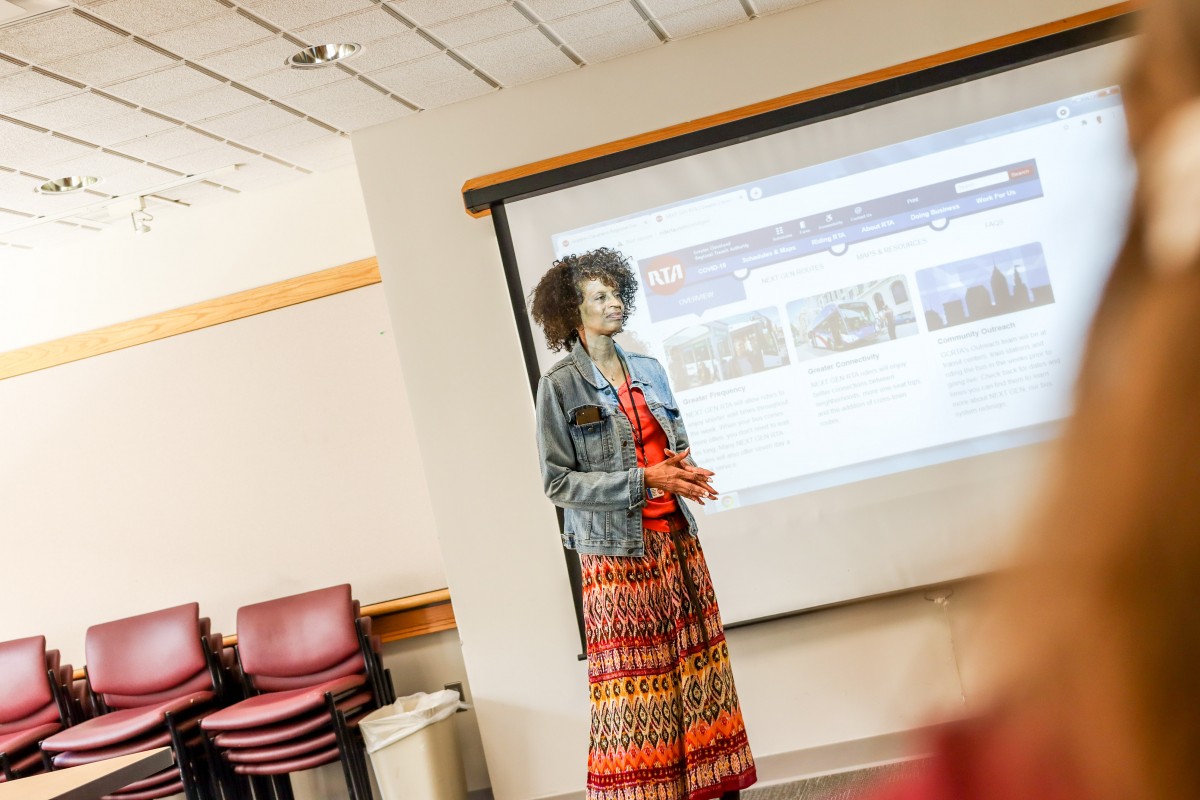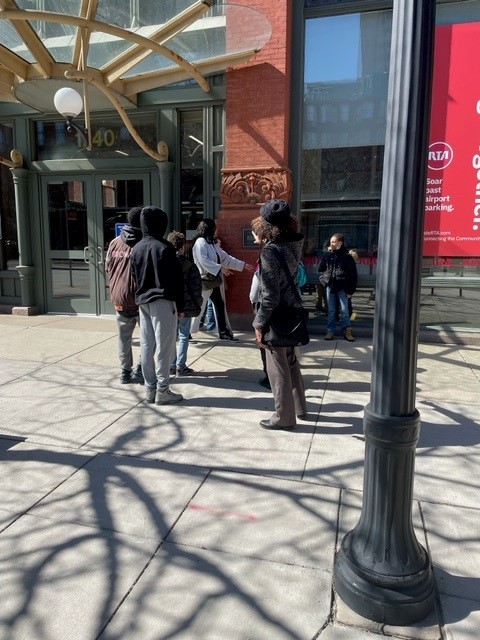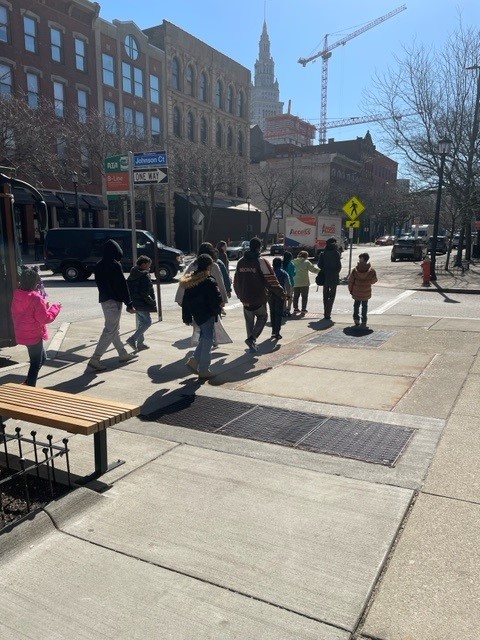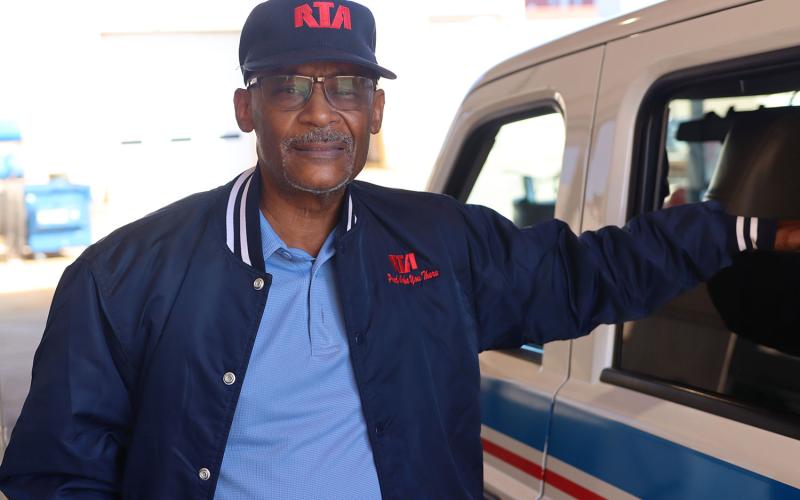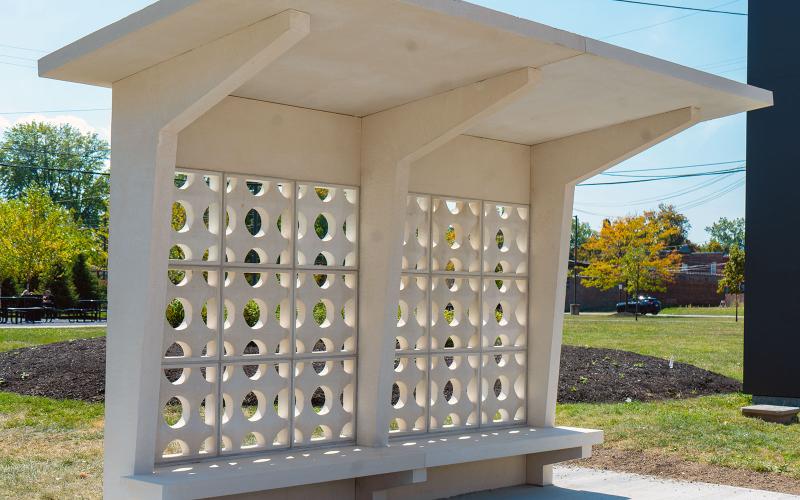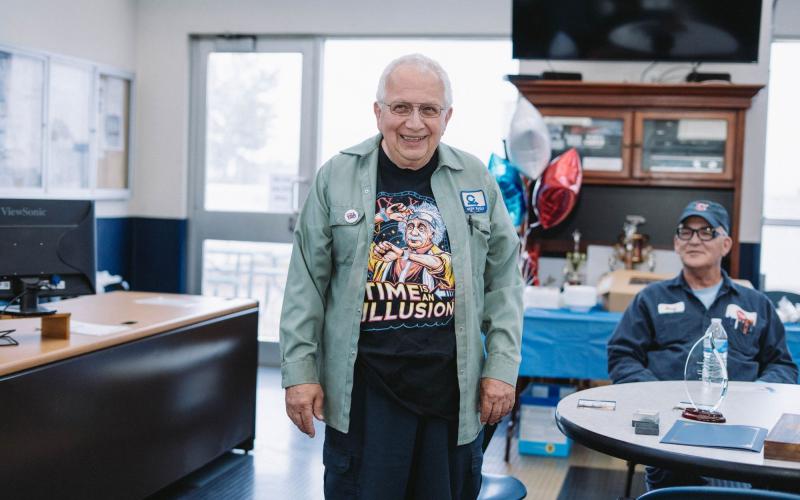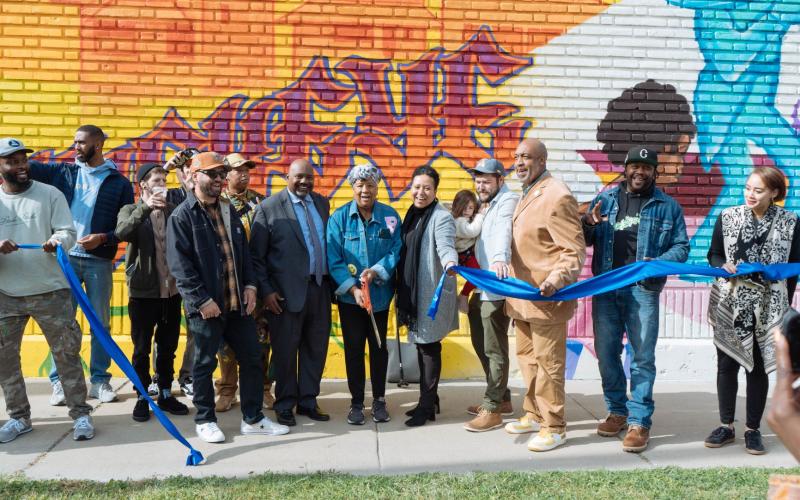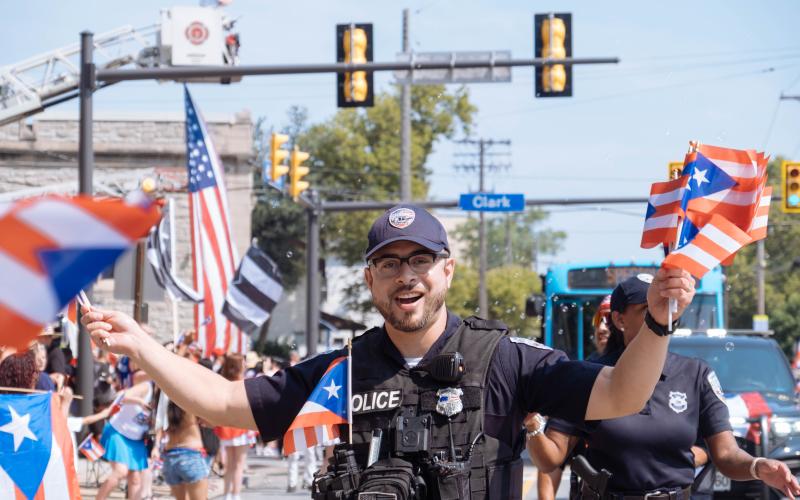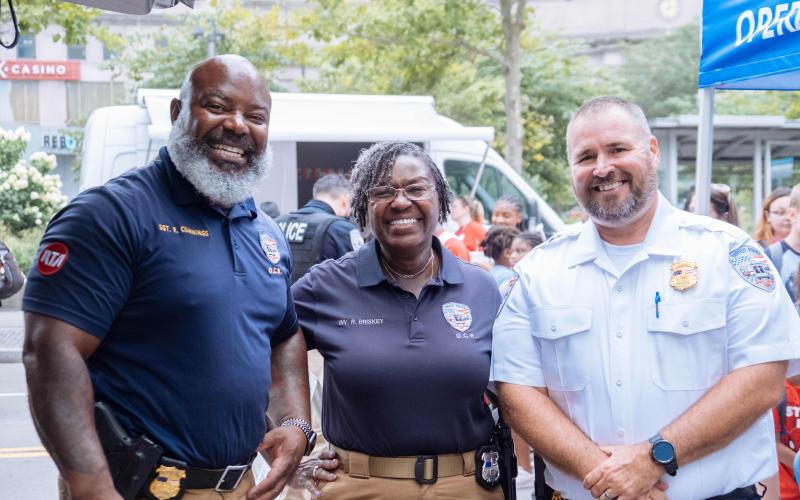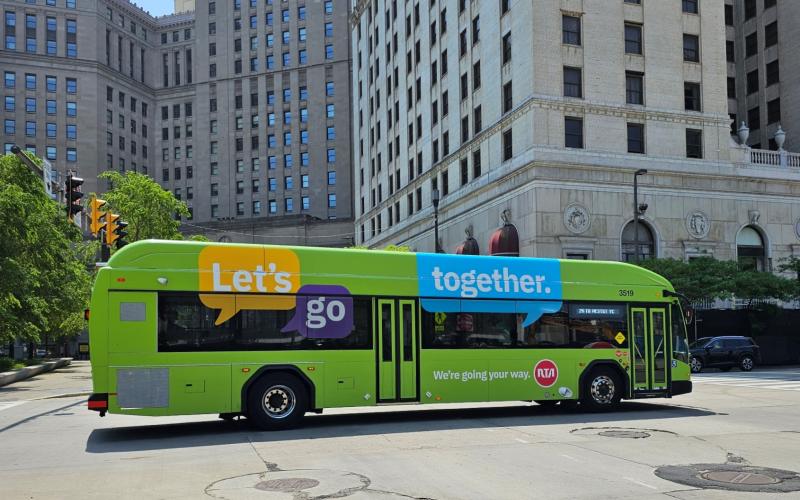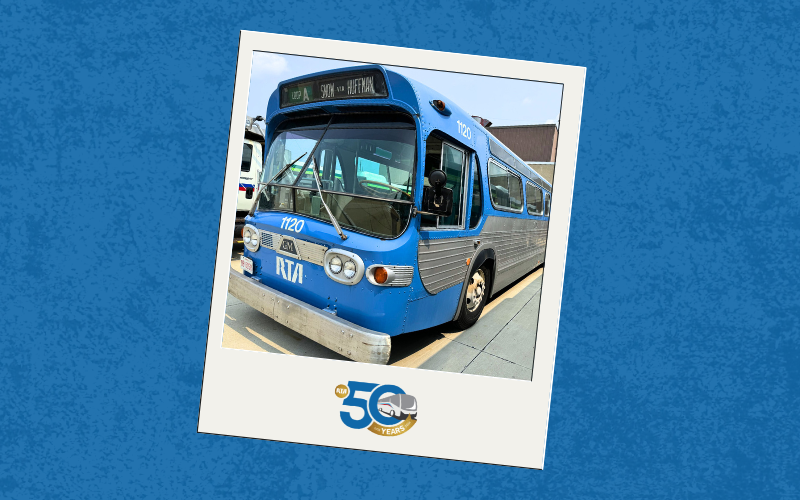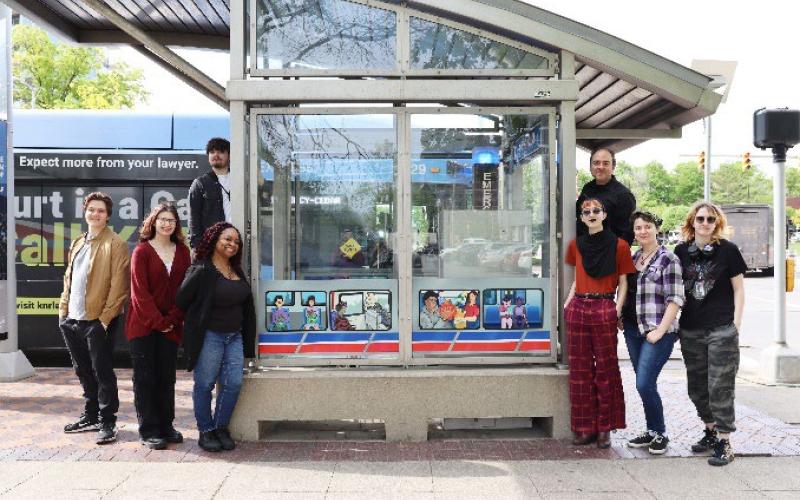Apr 24, 2023
Connecting the Community Through Mobility
Public transportation is beneficial for community members of different ages, incomes, genders, and socioeconomic status. Transportation provides us all with access to the wider opportunities of society, employment, postsecondary education, job training programs, and recreation (NASET, 2006). Mobility training focuses on our vulnerable community members such as our seniors, students and adults with disabilities, and non-native English speakers with language barriers. GCRTA has travel training courses that are specialized for individual training needs and for people who would like the opportunity to learn how to navigate the RTA system. It is important to make transportation accessible to people with disabilities, so they can participate in society "on an equal basis with others" (UITP, 2022).
The travel program receives referrals from community groups, schools, agencies that work with people who have disabilities, senior centers, international service centers, social service groups, and many others. The program runs all-year round, and for school students during the school year.
GCRTA's Let's Go Together campaign focuses on connecting bus routes to destinations, easier access to routes, and the new transit app. This makes public transit more accessible by displaying how to get off a bus and transfer to another. One of the most important issues of public transportation is how to make it inclusive and accessible for people with all levels of abilities (UITP, 2022). Our vehicles include accommodations for passengers, such as senior/disability seating, large text destination signs, and automated destination callouts.
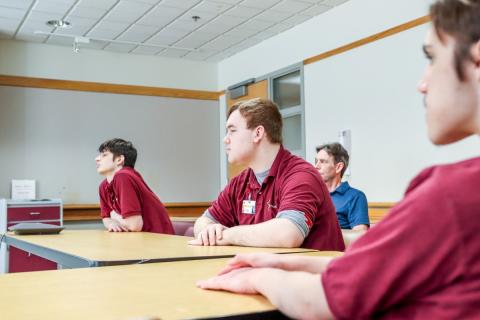
Two training options are available: one-on-one training and group training; both will help individuals transition to taking public transit independently. One-on-one training focuses on a trainee traveling to a specific route based on the individual. Group training focuses on giving participants a general knowledge of the fixed route bus. Typically group training lasts 4-6 weeks and is more appropriate for group homes, transitional housing groups, senior citizen facilities, and schools.
The training sessions include:
- An introductory session about GCRTA and revenue vehicle features
- Information regarding fare prices, special ID farecards, system maps, and how to read schedules
- Navigating technology such as rideRTA.com and the Transit app
- A 5-to-6-hour tour riding GCRTA revenue vehicles
Safety Tips
Safety is also an important factor in riding public transit, and GCRTA is committed to providing safety for riders.
In collaboration with our Transit Police, the following safety tips are provided to our trainees to assist with proper navigation to and from their destinations.
The safety tips include:
- Tell someone where you are going and how long you will be there.
- Do not carry too much while traveling, especially large sums of cash.
- Be aware of your surroundings.
- Avoid speaking to strangers.
- Sit near the driver if possible, or in view of the driver.
References
Travel Training, Transition Services, [online] National Association of Special Education Teachers, [11 Aug 2006]. https://www.naset.org/professional-resources/transition-services/travel-training.
The Importance of Public Transport Accessibility and Social Inclusion, [online] Combined Mobility News, [12 Feb 2022]. https://www.uitp.org/news/the-importance-of-public-transport-accessibility-and-social-inclusion/.
For more information on Travel Training, click here. Your referral will be sent to the Travel Training Department and a trainer will then contact you to schedule an appointment.
For questions, call the Community Connection Line at 216-621-9500.
